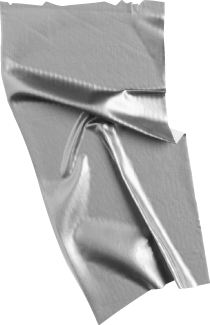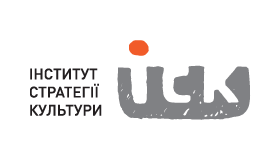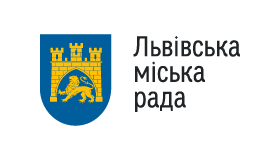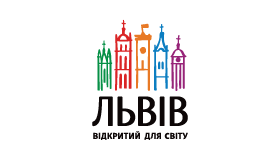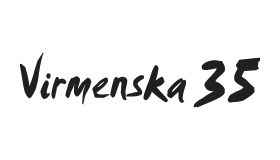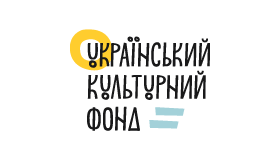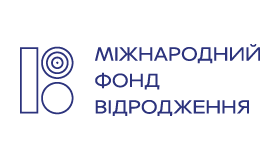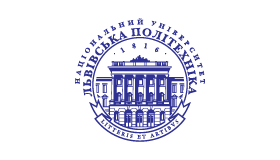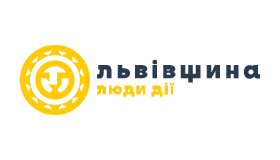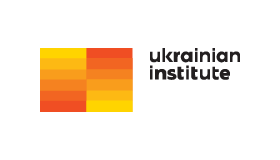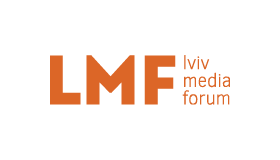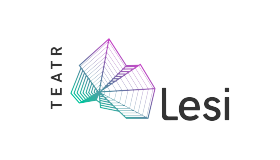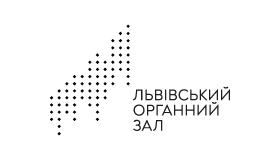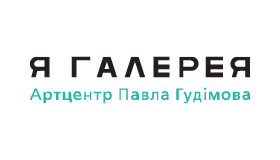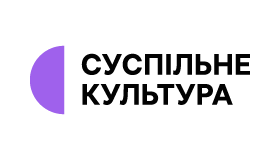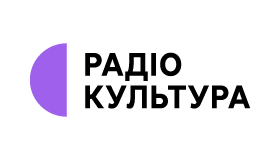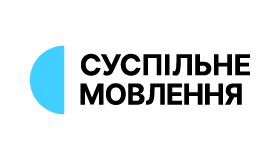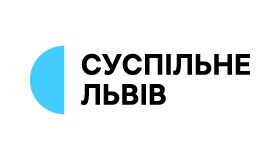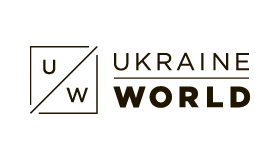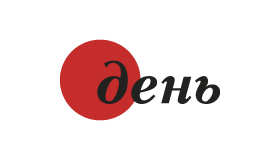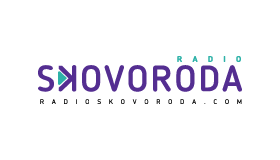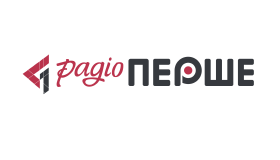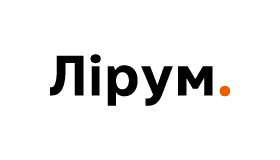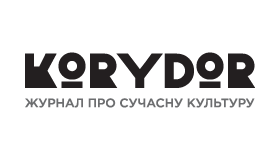War aggression is, inter alia, a naming crisis. Our usual linguistic tools prove impotent and useless in the new actuality that goes far beyond imagination and understanding. Among the new realia, even those familiar to us became unprecedentedly intensive.
Can we still call regular Russian airstrikes aimed purposefully at killing hundreds of civilians or deliberate flooding of dozens of towns and villages followed by people’s deprivation of a possibility to evacuate with the usual word “crime”? Maybe we should create new words as did, for example, Raphael Lemkin, having not found a single adequate word to describe the nazis’ mass crimes and making the fragments of other existing words into the new term “genocide” therefore?
War obviously means even greater demand for overcoming of the naming crisis since things unnamed are killing. Besides, evil not named and defined promptly has significantly greater chances to remain unpunished.
What semantic shifts do the words we’ve grown accustomed to have to undergo? What new shadow meanings do they acquire? What words will never again be used metaphorically or playfully? What new communication skills have we gained in private or public contacts? Is our linguistic war experience translatable to any extent? Is fiction – an extremely subjective and emotional type of writing – able to do something against the war challenges? And what is, after all, remaining unnamed and silenced despite all our nominative efforts?
